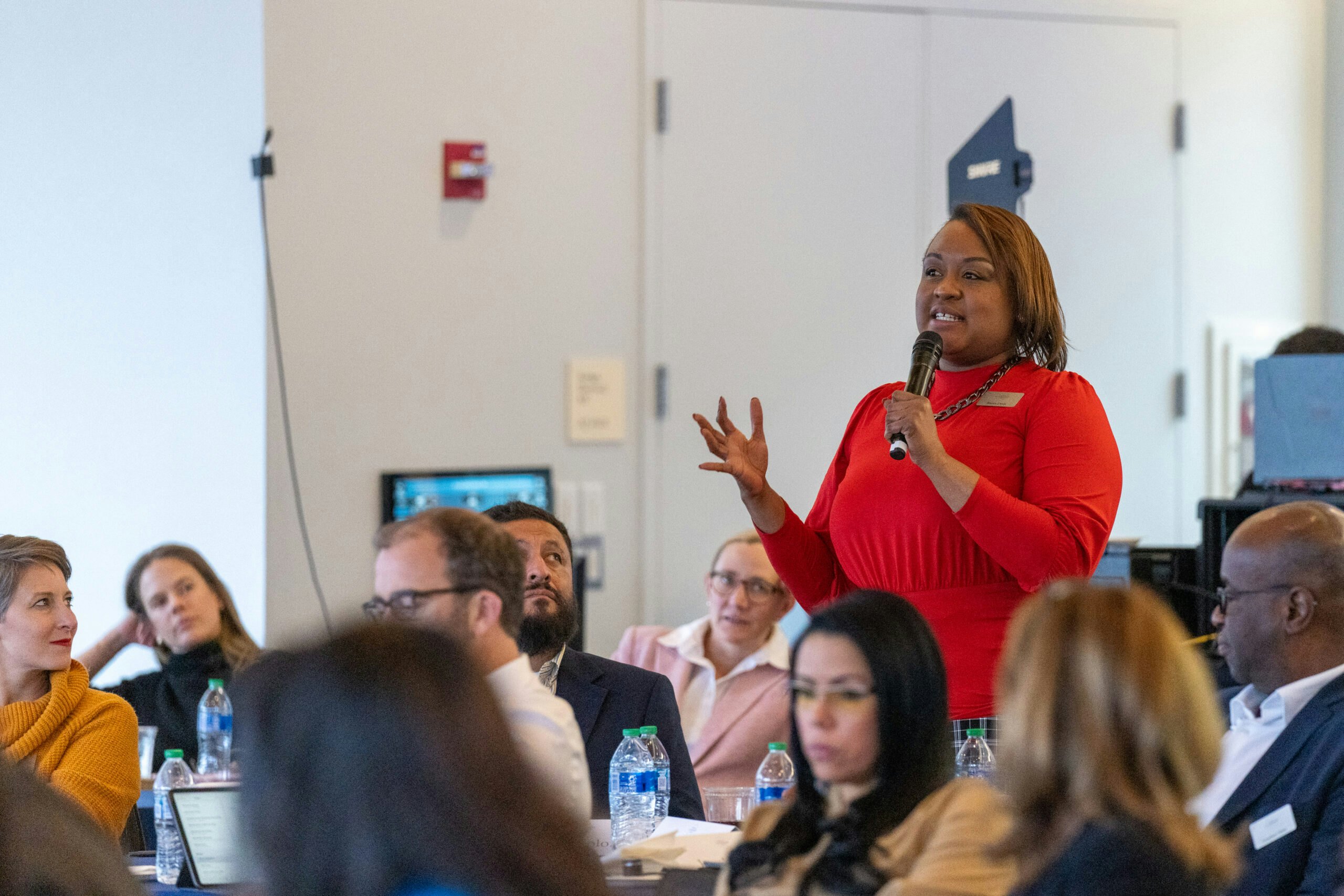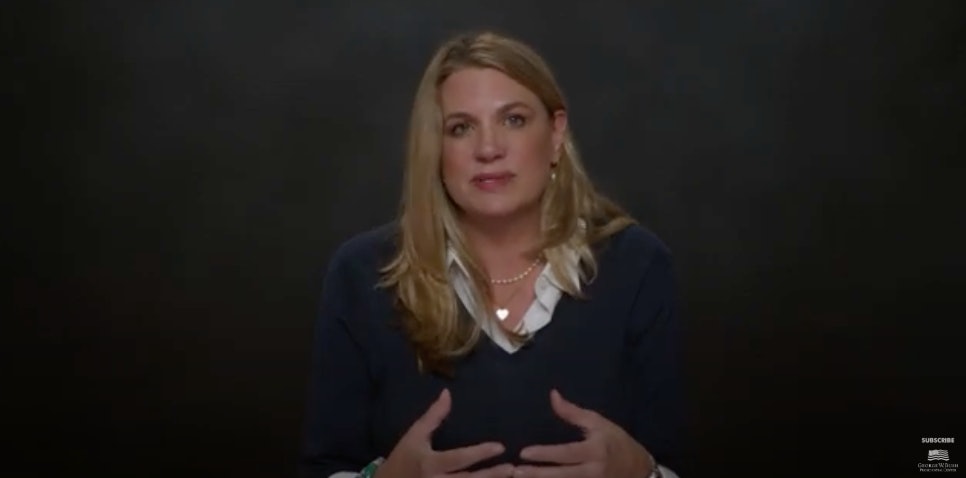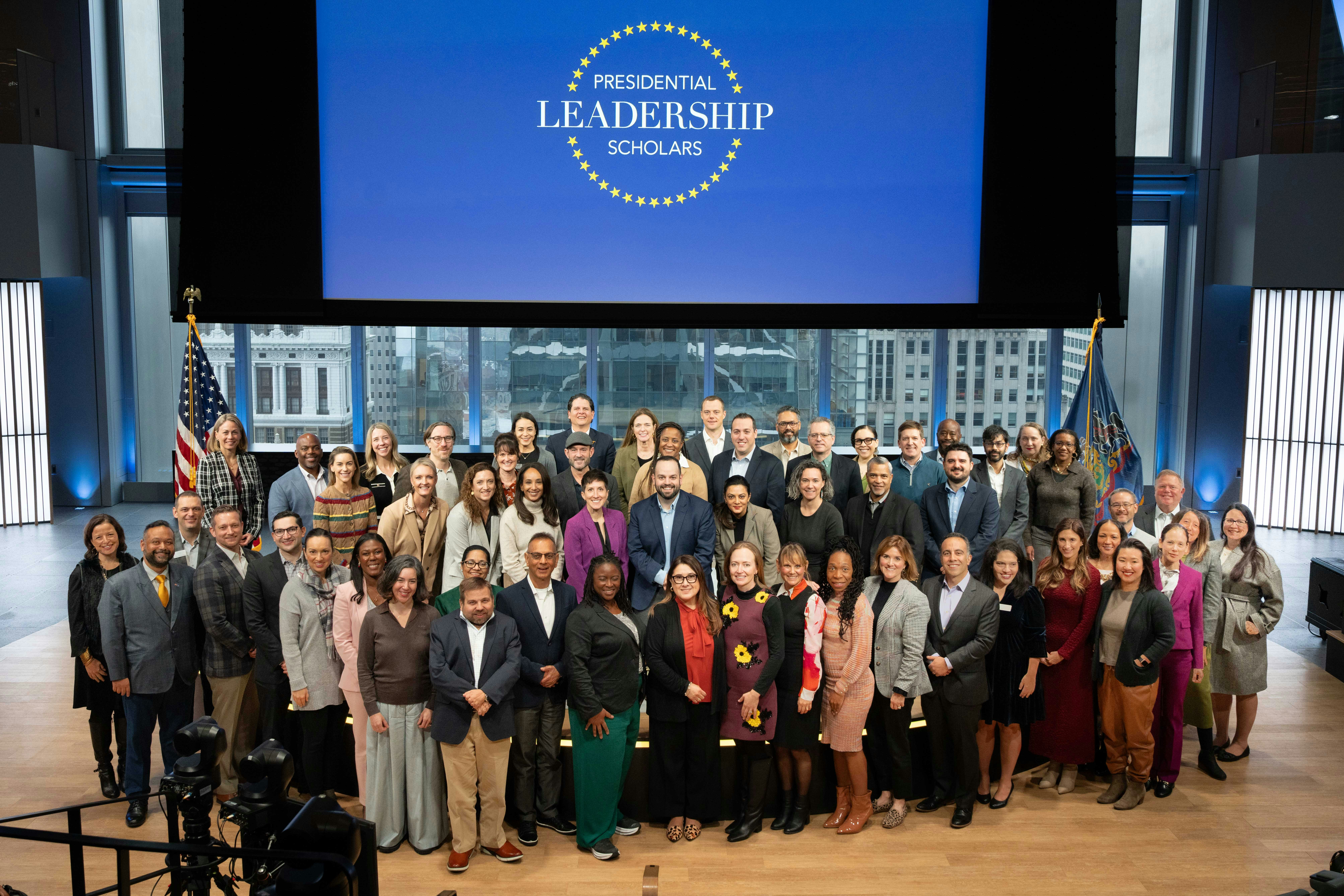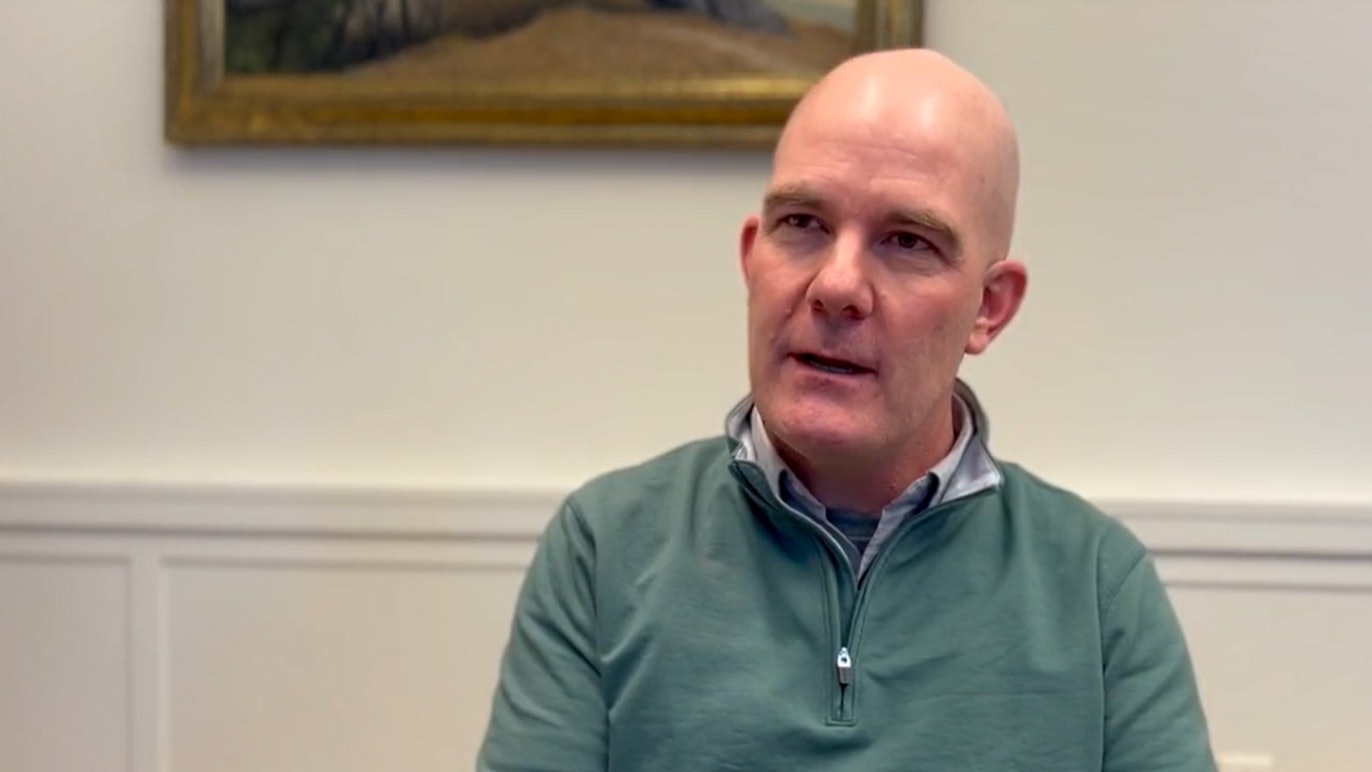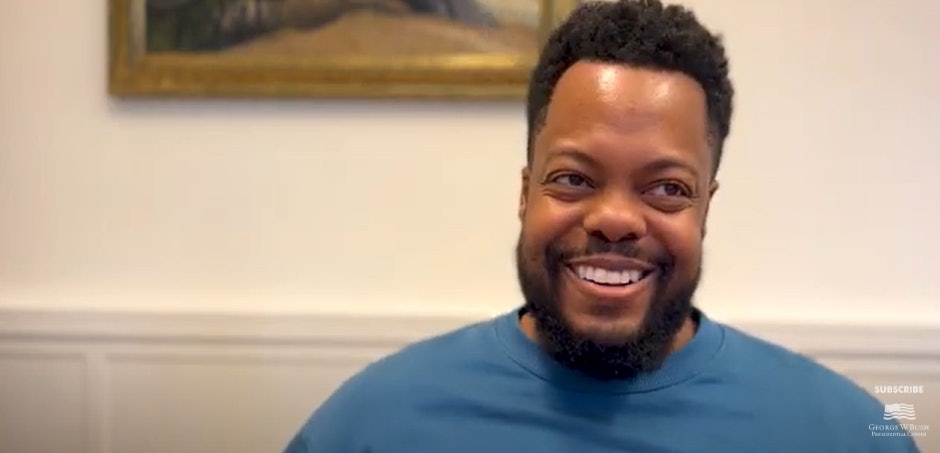This month we’re joined by former Deputy Secretary of Education Darla Marburger. She explains the concept behind her primary offering – fractional Chief Impact Officer services – and tells us what she’s learned about the keys to earning trust. She also reflects on getting No Child Left Behind across the finish line and a memorable visit to the Oval Office.
Q: Can you tell us about your work at Greater for Good?
I find my work very gratifying because it amplifies the good that nonprofits produce. Greater for Good is a consultancy that exists to support small to mid-sized nonprofits in their efforts to know, show, and grow the impact they make — and there are so many ways to do that. Through the consultancy, I have helped an urban workforce board launch and manage a $3 million initiative to reskill and employ individuals who became unemployed because of the COVID-19 pandemic. I gave youth who experienced profound trauma and associated behaviors a more stable home life by leading their boy’s home staff in a specially crafted team building that removed conflict and increased trust and communication. These are just a couple of examples of several services Greater for Good provides.
As the founder and president of Greater for Good, I wear many hats, and the roles I enjoy most are designing our offerings and working directly with nonprofits to deliver them. I am super excited about an offering I launched this year – fractional chief impact officer services. It provides small to mid-sized nonprofits with executive-level expertise on a part-time basis to establish and administer a system of impact measurement when they do not have the budget or workload to have a staff member dedicated to that work. Nonprofit donors’ main motivation for giving to an organization is trust. Providing impact data builds that trust, allowing donors to see the difference their investment is making in the world.
Q: How does serving as a “Fractional Chief Impact Officer” work in practice?
The offering gives nonprofits the benefit of a seasoned thought leader without the financial burden of hiring another full-time executive. It all starts with an impact review. I meet with the nonprofit’s leaders to document and understand their current needs and practices regarding impact measurement and reporting. By the end of the review, we have an Impact Services Plan consisting of two lists with hour estimations for each – a list of impact tasks to be completed on a regular basis such as data collection and reporting, and a prioritized list of impact-related efforts that would help develop the nonprofit’s impact culture and measurement system. The nonprofit uses the Impact Services Plan to determine how much of my time it needs each month, and we include those terms in our 12-month contract. Once a contract is executed to implement the Impact Services Plan, we have monthly meetings with the nonprofit executive director to discuss how that month’s time allotment will be used. We preview the work to be done in the coming month based on the Impact Services Plan, review the work completed the previous month, and address any needed changes or concerns. Basically, the Fractional Chief Impact Officer serves as a member of the nonprofit’s leadership team, but on an as-needed contractual basis. It’s a joy to help nonprofits in this way, so if you know any who could use this kind of support, I would be happy to speak with them.
Q: You have long been in the trusted adviser role, across multiple stops in your career. In your experience, how is trust earned and sustained with a client or principal?
There is amazing power in listening. To go from being an outsider to an insider, clients have to trust that you understand and value the work they do, the challenges they face, and that you are committed to their success. I start by listening and asking questions to understand their needs. I show them I am listening by re-stating in my own words what I hear them say. The results are that they feel understood and are ready to hear and consider my words, too. Additionally, listening helps me to know my clients better and be candid with them. I deepen their trust by providing the insights and services I promise to deliver. It’s really pretty simple–a simple essential to my business relationships.
Q: How did your time at the Department of Education prepare you for this – are there lessons learned that you still put into practice?
Just a few weeks ago, I shared a “lessons from ED” moment with a client. They lamented that their organization was overrun with meetings, and they were feeling less productive. I recalled that ED leadership brought in a management master who went to each office teaching the principles of highly effective and efficient meetings. To this day, I do not send a meeting invite without stating the meeting’s purpose and including an agenda. Now I am working with the client to reform their approach to meetings.
My four years at ED were a very formative period in my early career. I learned a tremendous amount about strategy, making big asks, and creative problem-solving to remove obstacles to progress. ED put a bright spotlight on data — we based our policy on data and when states didn’t have the infrastructure to report their accountability data, we worked with Congress to secure funding for them to develop data systems. Academic performance data of educationally disadvantaged students turned skeptics of the No Child Left Behind Act into believers. That experience solidified for me that data is not only valuable and compelling, it is essential for marking progress and fine-tuning programs and operations in any organization. That is why I do the work I do.
Q: Can you leave us with a favorite story or moment from your time in the Administration?
Serving in the Administration was truly a privilege and a blessing in my life that delivered many indelible memories of all sorts. The memory most precious to me by far occurred on June 10, 2003, when the team I led was invited to the White House. The No Child Left Behind policy team in the Office of Elementary and Secondary Education at the U.S. Department of Education had worked tirelessly for seven months to reach the seminal goal of every state having an approved plan to hold schools accountable for students’ educational attainment. The accomplishment was a firm and celebratory statement that the Administration was committed to educational opportunity and academic proficiency for all students.
President Bush said “thank you” to our team by giving us a personal tour of the Oval Office and inviting us to attend a special ceremony and news conference in the Rose Garden attended by chief state school officers. The intent was to announce that every state had an approved accountability plan. That morning, we were still one state short of the goal. I remember the rest of the team departed for the White House while I was on the phone with the Kentucky Department of Education moving them toward an approvable plan. At last, they agreed to the requisite changes. We met our goal and I made it to the White House just in time to join my team in the Oval Office. It was an exhilarating day and a moment of great honor.





